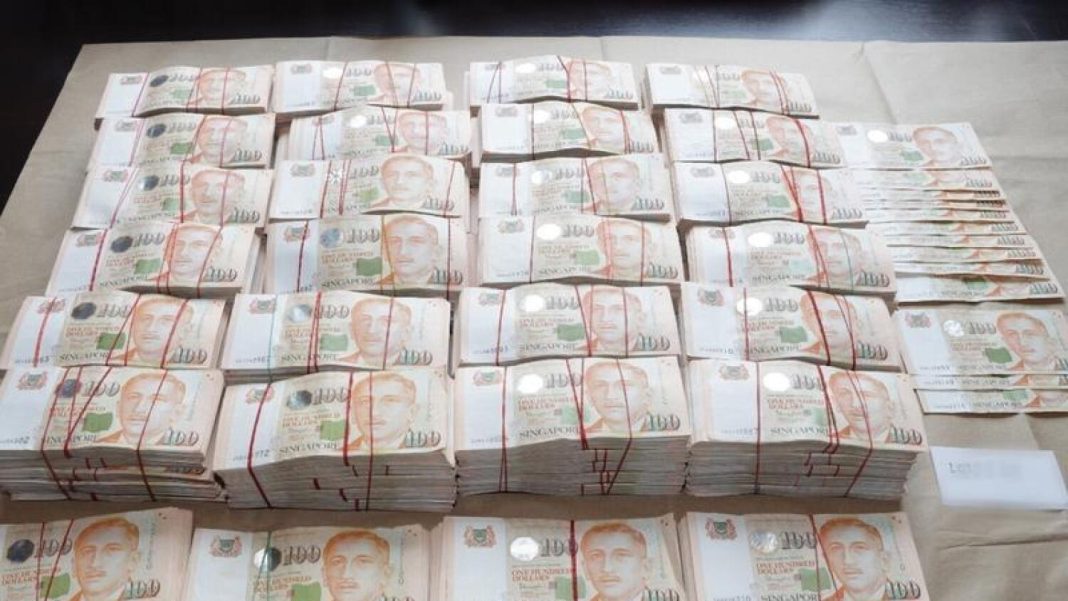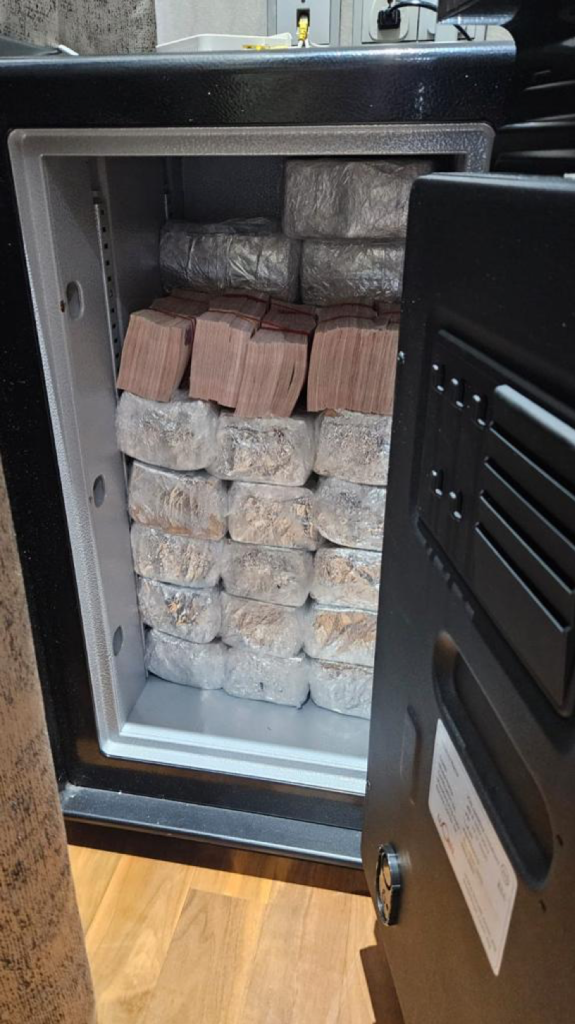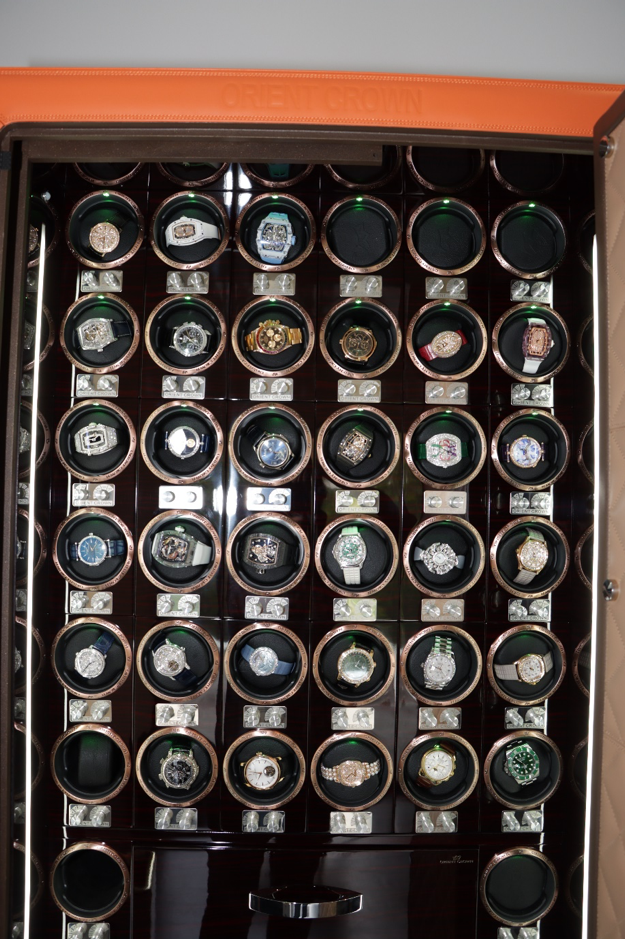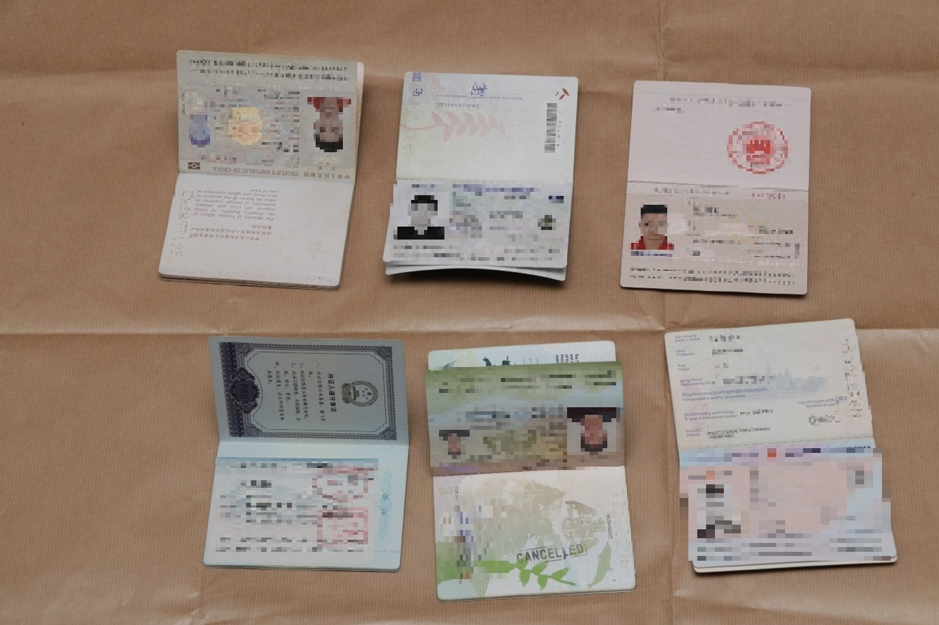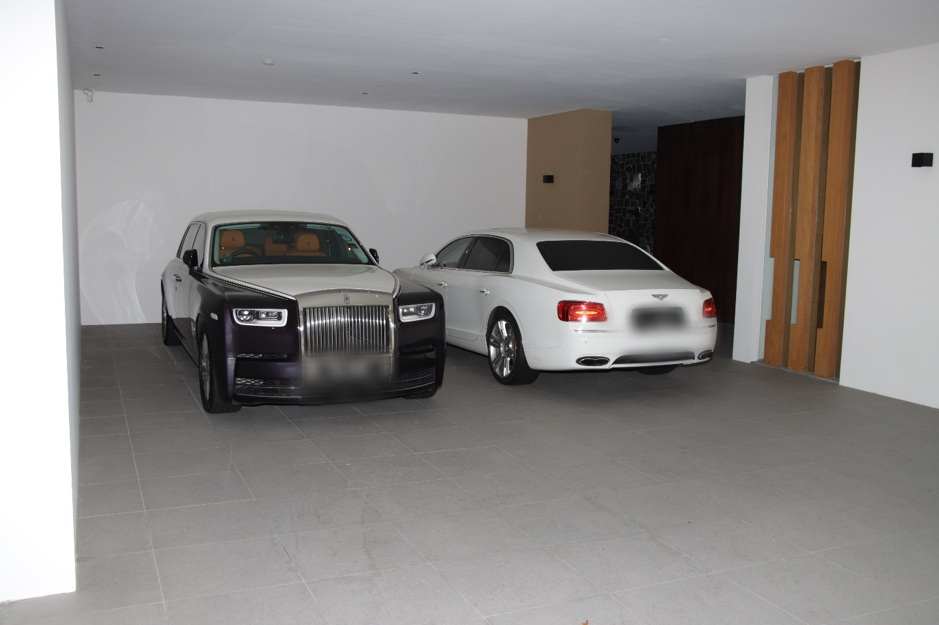Just how deep does the rabbit hole go? The recent bust by Singaporean authorities of a billion-dollar-plus laundering ring begs the question of how intricately the finances were tied to gambling within Asia. In particular, questions industry expert Ben Lee, “could (some of) the Singapore money be a result of the Bangladesh bank scam?”
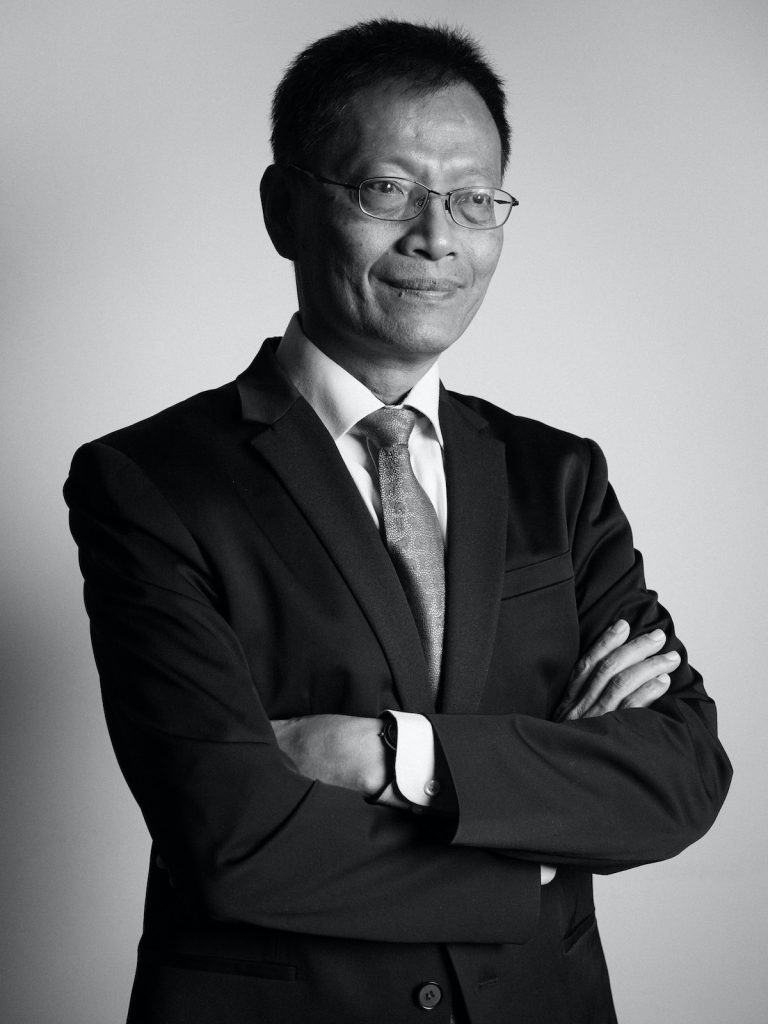
Of the 10 people detained by Singaporean authorities in a massive operation in August, which busted a $1.3 billion (at least) money laundering ring, four have the surname Su. While spelling differences are common, the Managing Partner of IGamiX notes that it’s hard to overlook the fact that one of the two people named in the probe of the laundering of the Bangladesh Bank funds through Philippine casinos – Su Hua Gao – bears a striking resemblance on paper to the four detainees, and is a surname that is not common within the region.
Lee notes that Su Hua Gao was tied to a Macau junket and “was implicated with opening bank accounts in Manila and siphoning a large part of the proceeds,” from the Bangladesh Bank heist.
Meanwhile, according to reports, one major alleged player in the ring, Su Huajin, had ties to a gaming operation in the Philippines, with Lee questioning if the two Sus are related and whether part of the billions they were channeling through Singapore could include the unrecovered $81m funds from the heist.
In total, some 10 individuals surnamed Su were mentioned in articles regarding the money laundering ring, while only four are amongst those currently detained by Singaporean authorities.
The “Swiss bank of Asia”
The case has much deeper implications for Singapore itself. The ‘fine’ city ranked at number 100 out of 128 on the Basel AML Index 2022 (ahead of Hong Kong). It also was deemed ‘compliant’ on 20 of the Financial Action Task Force (FATF) recommendations and ‘largely compliant’ on 17 of them, being only ‘partially compliant’ in three of the 40 recommendations.
Despite the rankings, “Singapore has long been known as the Swiss bank in Asia,” points out Lee, noting that “the case has highlighted that there are flaws within the systems that the Singaporean authorities have implemented”.
While the implications may be deep, the actual result may be minimal, as the money laundering bust has been packaged as proof of authorities’ effectiveness in combating such crime.
This also means that the two major IR operators: Resorts World Sentosa (RWS) and Marina Bay Sands (MBS), are unlikely to have to undergo any major changes to their operations, as the onus is likely to fall on regulators, rather than operators.
“Little snippets like this call into question how rigorous local authorities are when it comes to dealing with inflows into their jurisdiction. We can see that in Australia they didn’t really act when the money was coming in. They only acted after the whole saga was exposed,” notes Lee.
Digging deeper
The mention of Australia is not made casually, as Lee points out that “according to industry chatter, the whole saga of UnionPay transactions being misused for gaming purposes – that Crown and Star have been caught up in – apparently started in Singapore, by one of the two IRs there. So, there is an image of being squeaky clean, and then there’s the unreported chatter that goes around the industry.”
The Australian operators fell afoul of authorities only after reports came out that UnionPay transactions had been run through non-gaming avenues to facilitate gaming, prompting the wave of investigations and fines that operators in the nation have been facing over the past few years.
But what does that mean for Singapore?
“Have we seen any report of any crackdown on those type of UnionPay activities, or mis-declared UnionPay transactions?” questions the expert.
Furthermore, Lee notes: “A few years ago I saw a UnionPay transaction receipt. It was a boast by a Southeast Asian junket operator, and the amount on the UnionPay receipt was just a bit over SG$10 million ($7.34 million).”
The figure flies in the face of Chinese capital outflow restrictions and begs the question of how Singapore now – especially coming off of COVID – is effectively supervising incoming money, given its desire to outperform regional competition.
Building a reputation
Going back to optics, Lee questions a key point: while the 10 detainees all hold Chinese nationality, as well as other myriad passports from gaming jurisdictions such as Cambodia, Cyprus and Vanuatu – alongside tax havens such as St. Kitts and Nevis and St. Lucia, “one thing none of them have is Singapore nationality. But they appear to have been able to secure Singapore residency”.
But could this crackdown now harm the Merlion city’s reputation?
“It’s unlikely unless it comes from the West. But from Asia, it probably helps their reputation as a place to hide your money,” notes Lee.
And some of the primary sources of such unwashed cash – at least linked to this money laundering case are: “China, while the second source – if there’s a connection with the other Su Hua Gao from the Philippines – is the Philippines”.


